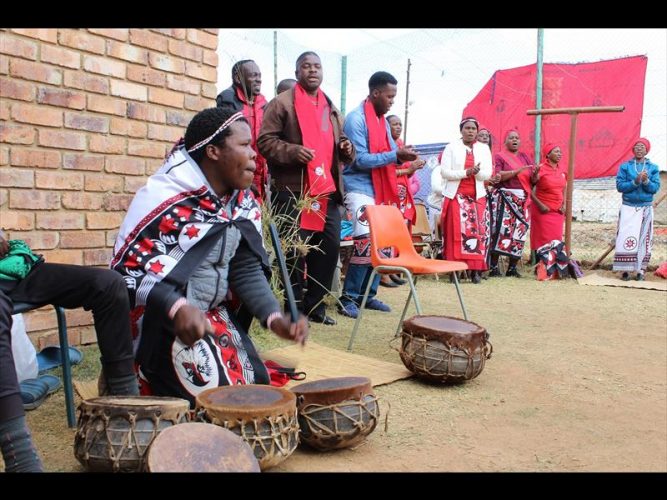Durban poison, Rooibaard, Swazi Gold... What's your favourite? Researchers say the industry should be protected from exploitation and exclusion of locals.

Cannabis sativa plant. Picture: Supplied
The Eastern Cape government is calling for the protection of the local cannabis industry.
Dohne Agricultural Development Institute research director Dr Mfundo Maqubela said in a virtual presentation to Parliament’s Justice and Correctional Services Portfolio Committee that there could be no cannabis industry if the local market is not developed.
Last November, the Eastern Cape government embarked on a roadshow to gauge public sentiment about the draft bill.
Cannabis bill doesn’t consider traditional healers needs

“There were substantial criticisms of the draft law, which recognizes private adult use and limits the amount that can be grown by any one person to four plants,” said Maqubela.
The bill in its present form has been accused of discriminating against people who did not have access to private spaces in which to grow their own cannabis, and it failed to make provisions on how growers could access seeds for cultivation.
It also poses a potential threat to customary law and traditional rituals by failing to consider the needs of traditional healers who use cannabis as medicine.
While the bill is also meant to protect children- Eastern Cape minors are often involved in traditional farming, cultivation and plant husbandry.
ALSO READ: Millions of cannabis convictions could be scrapped
Protect local strains
South Africa is home to famous landraces or strains of cannabis, such as Mpondo Gold, Transkei Gold, Rooibaard, Swazi Gold and Durban Poison.
The genetics of these strains are naturalized, drought-tolerant and should form the basis of cannabis research and industry.
“These strains represent important intellectual property and plant breeder’s rights. The cannabis bill should protect these as part of our cannabis heritage as a matter of urgency,” he said.
Maqubela’s comments come as Centurion-based company, Cilo Cybin prepares to become the country’s first publicly listed company to win the rights to grow, process and package marijuana products.

Cilo Cybin’s CEO Gabriel Theron said the company received its certification from the SA Health Products Regulatory Authority. Theron said the company is looking at a dual listing, with the JSE and possibly Luxembourg Stock Exchange within the next 12 months.
Cilo Cybin uses a hi-tech, indoor growing facility that can produce about 100kg of Durban Poison flowers a month. Durban Poison can sell for anything from R30-R60-per gram.
ALSO READ: Hopes remain high that dagga can ignite economic growth
Cannabis ‘a new pathway for rural development’
The legalization of cannabis offers a massive opportunity to create new pathways for rural development, by placing a highly viable cash crop in the hands of the rural poor, the marginalized and the dispossessed.
Maqubela recommended that provincial governments be in charge of issuing hemp permits while medicinal cannabis licenses could be handled by the central government.
He added the province would ensure there was no corruption involved in the issuing of hemp permits, particularly to politically connected individuals.
NOW READ: The poor must be included in SA’s cannabis industry boom, says Cosatu
Download our app




